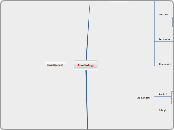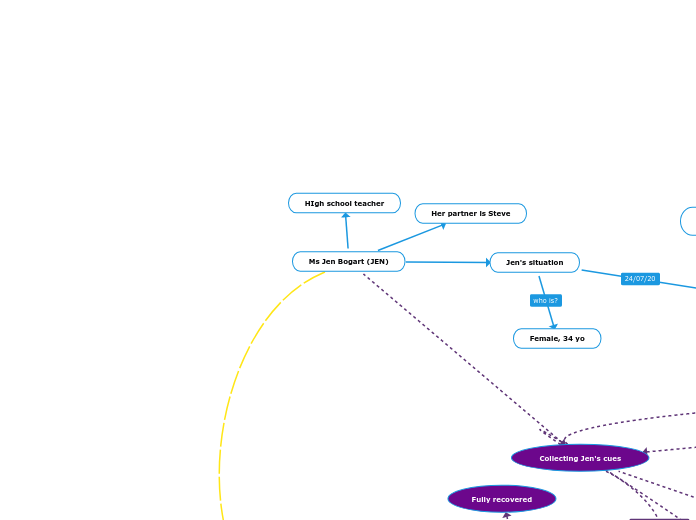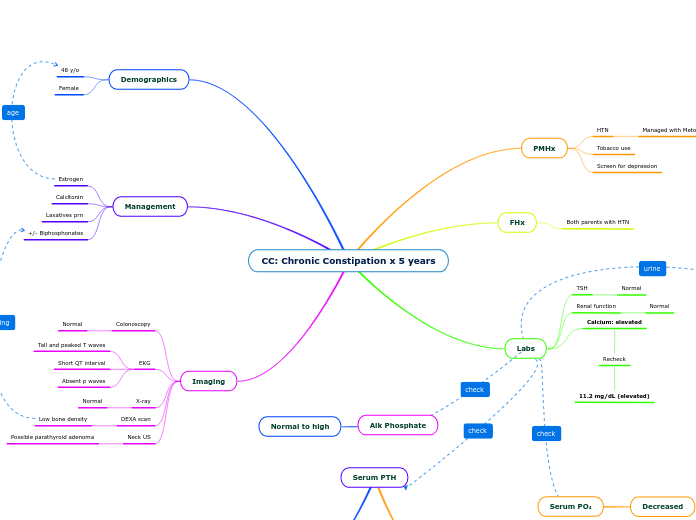Cardiology
Procedures
Angioplasty
Percutaneous coronary intervention (PCI), commonly known as coronary angioplasty is a therapeutic procedure to treat the stenotic (narrowed) coronary arteries of the heart found in coronary heart disease. These stenotic segments are due to the build up of cholesterol-laden plaques that form due to atherosclerosis. PCI is usually performed by an interventional cardiologist.
Angioplasty is the technique of mechanically widening a narrowed or totally obstructed blood vessel; typically as a result of atherosclerosis. Tightly folded balloons are passed into the narrowed locations and then inflated to a fixed size using water pressures some 75 to 500 times normal blood pressure (6 to 20 atmospheres)
Reveal
o could benefit from Reveal® Plus?Patients who experience transient symptoms that may suggest a cardiac arrhythmia as well as patients with clinical syndromes or situations at increased risk for arrhythmias, including patients with:1,2 * Unexplained syncope * Near syncope * Episodic, recurrent palpitations * Drug-refractory epilepsy, seizure-like events, and convulsions
http://www.medtronic.com/physician/reveal/#
Cardioversion
http://londonarrhythmiacentre.co.uk/treatments-cardioversion.html
Pacemaker
Investigations
Pharmacology
proton Pump inhibitors
Omeprazole
works by reduing the amount of acid in the stomach allowing the stomach lining to repair
HeartburnAcid indigestionUlcers in the stomach and upper part of the intestinePreventing/treating damage to the stomach and upper part of the intestine caused by non-steroidal anti-inflammatory drugsUlcers caused by infection with bacteria called Helicobacter pyloriBefore a hospital operation when you are to be given a general anaestheticExcess acid in the stomach caused by a growth in the pancreas
Ae inhibitors
Subtopic
Ramipril
works by causing blood vessels to relax, lowering blood pressure and increasing the supply of blood and oxygen to the heart.
hypertension, heart failure, preventing heart attack
Arrest trolley
Flumezanils
acts as a pure benzodiazepine receptor blocker, whichprevents benzodiazepines from binding to their receptor but does not affect the GABAAreceptor
treats benzodiazepine toxicity
Diazemules
short term use relief of severe anxiety eg panic attack
Diazepam
benzodiazepine
Nalaxone
opioid receptor antagonist
Naloxone is a drug used to counter the effects of opioid overdose, for example heroin or morphine overdose. Naloxone is specifically used to counteract life-threatening depression of the central nervous system and respiratory system
Atenolol
tenolol can be used to treat high blood pressure, angina (chest pain) and irregular heartbeat. It has varied effects in different parts of the body.High Blood Pressure and Angina: Atenolol works by slowing down the activity of the heart this decreases blood pressure and reduces the hearts need for oxygen which makes an angina attack less likely to occur.Irregular Heartbeat: Normally the heartbeat is regulated by special tissues which conduct electricity. Some cases of irregular heartbeat are caused by these tissues conducting electricity too quickly. Atenolol works by reducing over-activity in the conducting tissue.
is a β1 receptor specific antagonist, a drug belonging to the group of β-blockers.
Chlorpheniramine
antihistamine - for allergic reactions
Hydrocortisone
Used for sceptic shock
Adrenaline
epinephrine is the drug of choice for treating anaphylaxis
Works by increasing peripheral resistance via α1-adrenoceptor vasoconstriction, so that blood is shunted to the body's core, and the β1-adrenoceptor response which is increased cardiac rate and output (the speed and pronouncement of heart beats
Epinephrine is used as a drug to treat cardiac arrest and other cardiac dysrhythmias resulting in diminished or absent cardiac output;
Atropine
The usual dose of atropine is 0.5 to 1 mg IV push every three to five minutes, up to a maximum dose of 0.04mg/kg.
Works by blocking the action of the parasympathetic nervous syste on the heart - this system slows down the heart rate
Treatment of bradycardia (an extremely low heart rate), asystole and pulseless electrical activity (PEA) in cardiac arrest.









